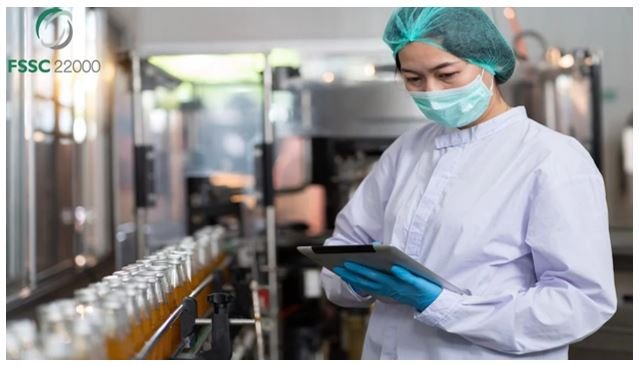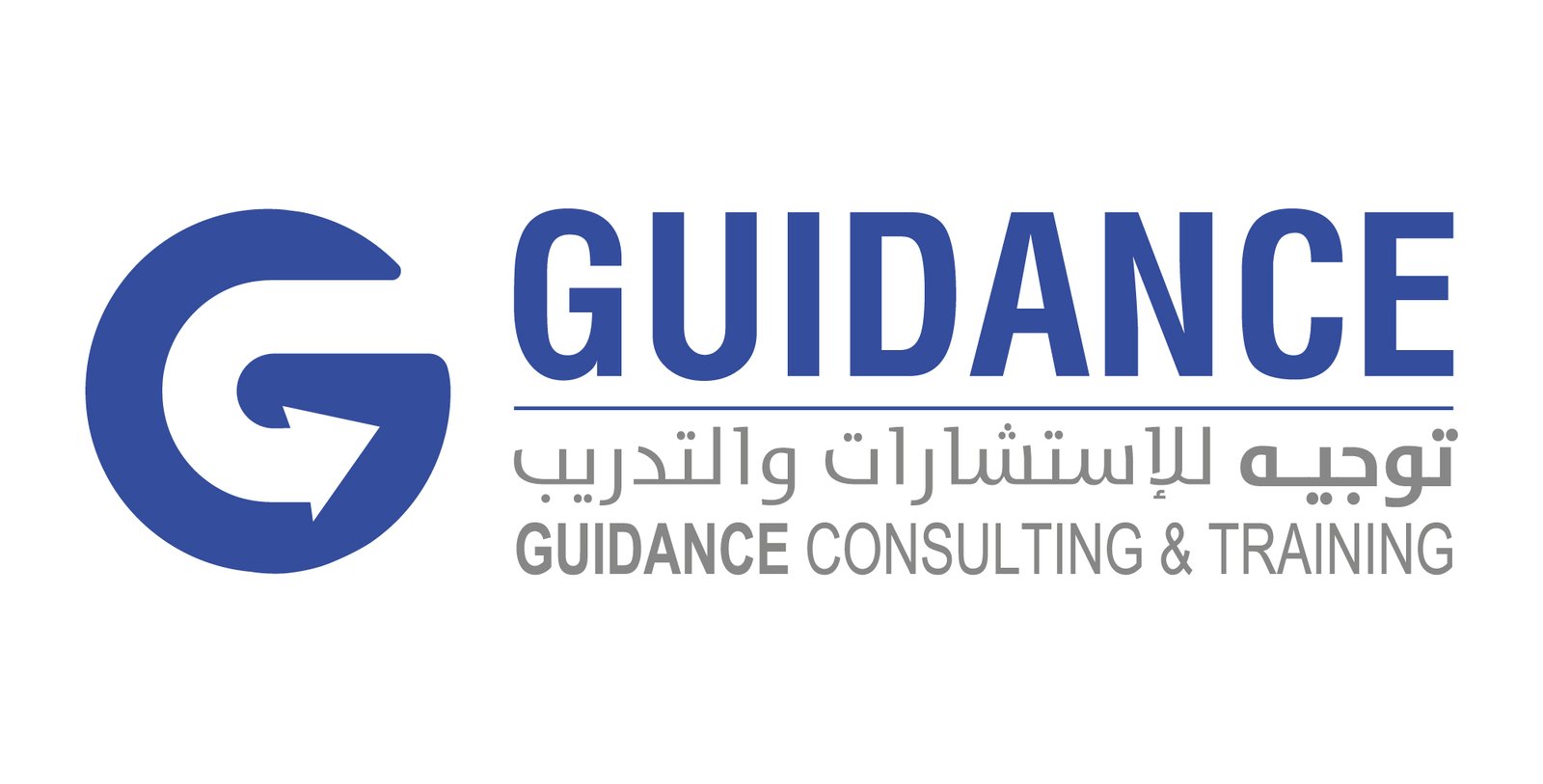
FSSC 22000 Food Safety System Certification
“Guidance Consulting and Training” provides qualification and training services for institutions and companies to obtain the FSSC 22000 Food Safety System Certification. This certification is an international standard that aims to help institutions improve their food safety practices by developing effective methodologies and improving processes to ensure quality and safety at all stages of the food supply chain. Contact us to benefit from our specialized services and enhance food safety in your institution.
The FSSC 22000 system is a specialized certification system related to food safety and quality. It combines the requirements of ISO 22000 with specific requirements for the food sector. FSSC 22000 is a popular choice for food manufacturers, as it provides additional requirements specific to this sector.
The FSSC Foundation is an independent, non-profit global organization planning to build trust and influence the consumer goods industry. At FSSC, the organization has been influencing global food security for more than 12 years by helping the consumer goods industry implement ISO-based management systems, and achieve its goals and sustainable development goals.
The FSSC 22000 is designed to certify the food safety systems of food-producing companies that process or produce animal products, perishable crops, products with extended shelf life, additives, vitamins, and similar food additives.
What are the FSSC 22000 requirements?
The FSSC 22000 requirements include a set of guidelines and standards that organizations must adhere to obtain FSSC 22000 certification. These requirements are intended to ensure the safety and quality of food products. Here are some key points:
- Food Safety Management System (FSMS):
- An organization must be committed to implementing a Food Safety Management System (FSMS) following the requirements of ISO 22000.
- It includes identifying and managing hazards and monitoring and improving processes.
- Prerequisite Programs (PRPs):
- Include the basic processes that must be in place in an organization to ensure the safety of food products.
- They include personal hygiene, equipment hygiene, storage and transportation, training, pest control, and more.
- Operational Prerequisite Programs (OPRPs):
- Include marginal processes that could affect the safety of food products.
- These processes must be controlled and monitored.
- Customized Prerequisite Programs (cPRPs):
- These requirements are customized for a specific sector, such as dairy, meat, or packaged foods.
- Include additional requirements that are important to that sector.
- Quality Management System (QMS)Requirements:
- The organization must be committed to implementing ISO 9001 QMS requirements.
- Organizations must adhere to and implement these requirements correctly to obtain FSSC 22000 certification.
FSSC 22000 is a popular choice for food manufacturers, as it provides additional requirements specific to that sector.
Benefits of Obtaining FSSC 22000 Certification
One of the most important features of FSSC22000 is that its creation only applies to food manufacturers. FSSC22000 is a globally recognized standard for auditing, monitoring, and certification of all food products to ensure food safety. The combination of ISO 22000 and PAS 220, FSSC22000, builds on ISO 22000:2005 and PAS 220:2008. FSSC22000 is suitable for any food production or processing organization. Producers of private label products for retailers, whether they work with animal or plant products, with extended shelf lives, or with other additives or vitamins, need a GFSI-accredited certification, such as FSSC22000.
- Reassure stakeholders in the agri-food chain that your company is effectively controlling food safety risks.
- Be recognized by the Global Food Safety Initiative as equivalent to private standards, in terms of food safety management.
- FSSC22000 certification indicates that you have taken steps to reduce food safety risks and minimize the risk of accidents.
- Distinguish because major food industry groups use it as a benchmark for selecting suppliers.
- Improve food safety processes reduce the risk of accidents, and optimize your resources by reducing costs.
- The system enables you to ensure that your work is high quality by supporting the food industry.
- Ensure collective responsibility of all employees and thus implement an effective self-control system.
- The system certification helps you enter new markets and establish new partnerships.
- You can prove that your products and services are high quality, healthy and reliable.
- Ensure food production with the necessary programs.
- Give priority to access international markets.
- Establish discipline in production activities.
- Improve food quality.
- Build trust in the supply chain.
Certification instructions
- Assessment visit (optional): Pre-diagnosis to understand audit challenges and increase your chances of obtaining certification.
- Initial audit: Our auditor interviews your teams and analyzes your practices and data, concerning the standard requirements.
- Audit presentation: A summary of the audit findings, and submission of the audit report.
- Certification: Issuance of your certificate and its certification logo for 3 years.
- Monitoring and renewal: Follow-up audits are planned annually and renewal audits are every 3 years.
Guidance Consulting and Training Company has the necessary competencies and experience to help institutions and individuals apply international standards, improve business, and ensure compliance with legislative and regulatory authorities requirements. Contact us now to benefit from the expertise of our specialized consultants.

